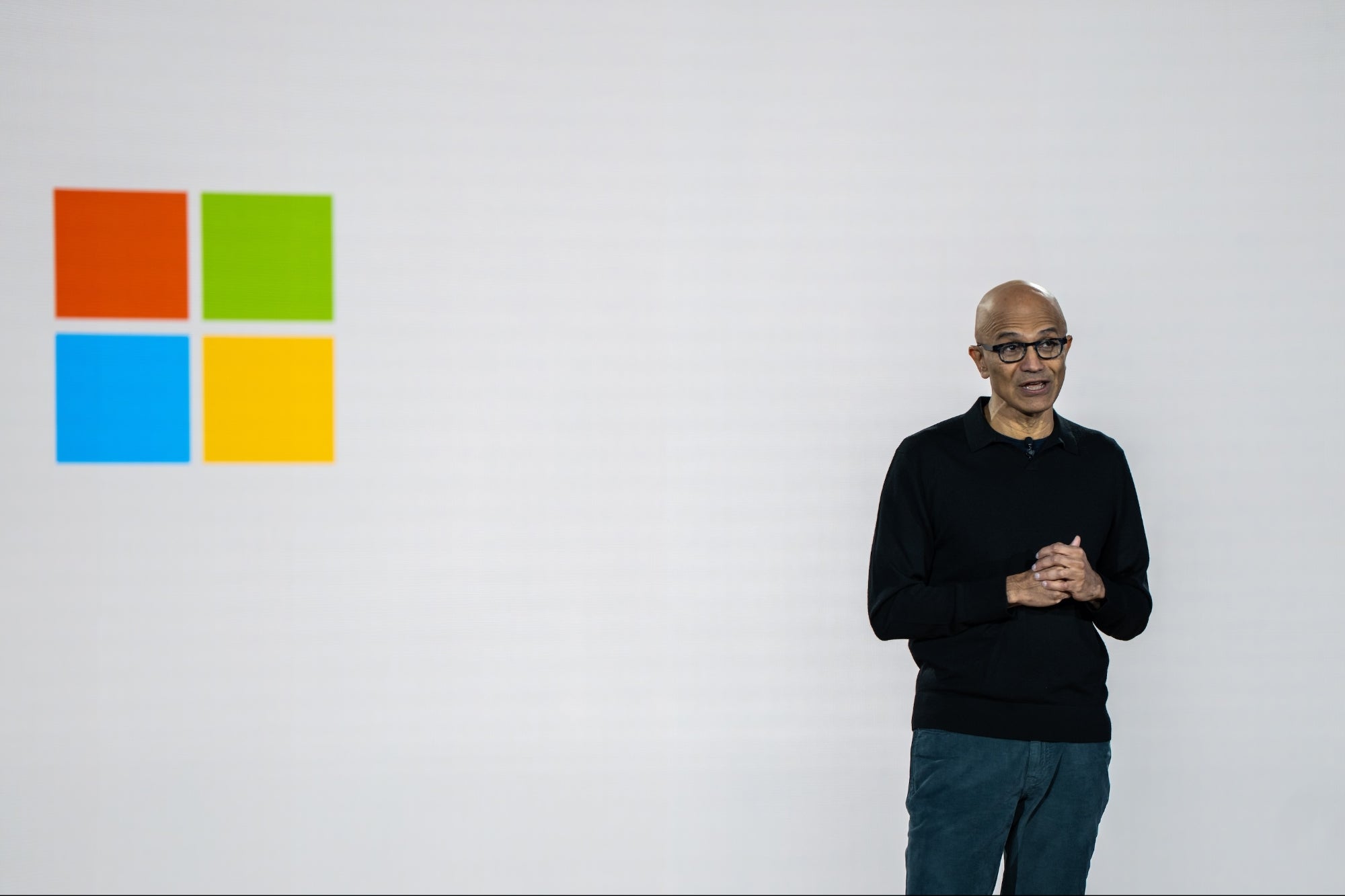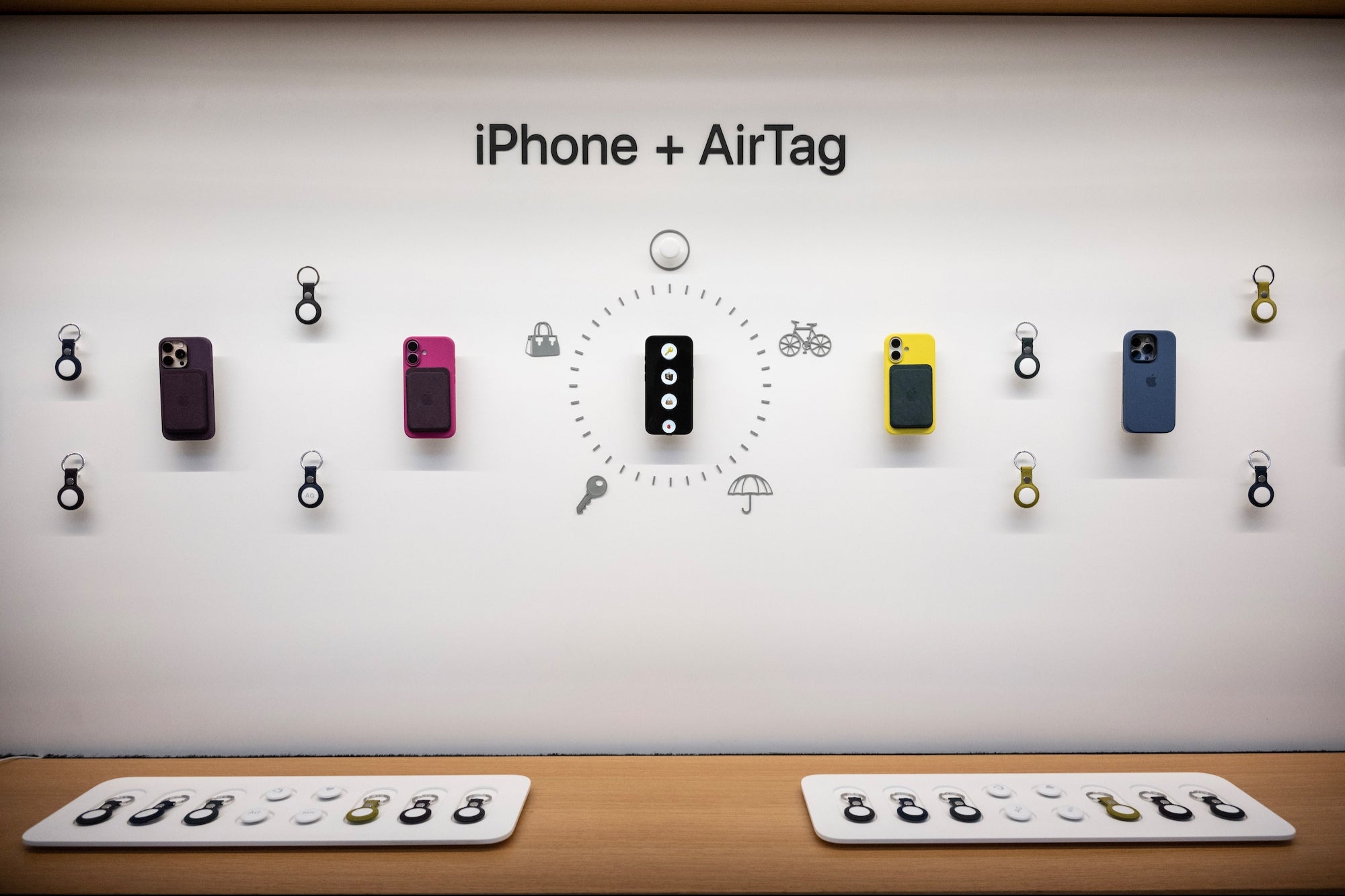WhatsApp Scraps Subscription Fee, Announces New Communication Tools for Businesses While the service has long vowed to remain free of third-party apps and spam, its latest pivot could pave the way for a Facebook-like monetization model.
By Geoff Weiss
Opinions expressed by BIZ Experiences contributors are their own.
WhatsApp has scrapped the 99 cent annual fee that users paid to retain the service after one year of free use in favor of a new monetization model.
Starting now, the messaging app "will test tools that allow you to use WhatsApp to communicate with businesses and organizations that you want to hear from," according to a blog post. "That could mean communicating with your bank about whether a recent transaction was fraudulent, or with an airline about a delayed flight."
This smacks of a similar strategy being forged for Facebook Messenger, which recently allowed shoppers to sign up for updates, receive receipts and shipping information and interact directly with brands via the app. Facebook, which acquired WhatsApp for $22 billion in October 2014, also recently integrated Uber ride-hailing within Messenger.
Whatsapp said it would abandon subscription fees because many of its nearly 1 billion users across the globe "don't have a debit or credit card number." It will take "several weeks" to remove the fees from all of its different versions, according to the company.
Related: Report: Google Is Building a 'Smart' Mobile-Messaging App to Rival Facebook Messenger
While WhatsApp has long vowed to remain ad free (a notion that came under question following the Facebook acquisition) and reiterated its commitment to steering clear of third-party ads and spam in its recent announcement, the company's latest move could ultimately pave the way for a Facebook-like advertising model.
On an earnings call last year, notes Re/code -- which was first to report the subscription cancellation -- Facebook founder Mark Zuckerberg said that the monetization approach to WhatsApp and Messenger would mirror Facebook's own approach to News Feed ads in 2006 and 2007.
Rather than focusing on banner ads, Zuckerberg said, the company built Pages to get as many businesses as possible onto the network, knowing that "the ads and monetization would perform better if there was an organic interaction between people using the product and businesses."
Related: This New Startup Wants to Be Your WhatsApp for Professional Networking











